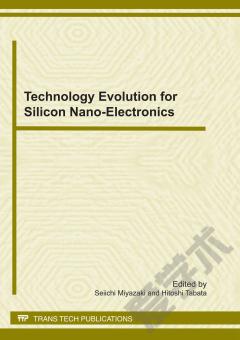Silicon Photonics —— Fueling the Next Information Revolution
----- 硅光电子:助长下一场信息革命
Silicon photonics uses chip-making techniques to fabricate photonic circuits. The emerging technology is coming to market at a time of momentous change. The need of the Internet content providers to keep scaling their data centers is becoming increasing challenging, the chip industry is facing a future without Moore law, while telcos must contend with a looming capacity crunch due to continual traffic growth. Each of these developments is significant in its own right. Collectively, they require new thinking in the design of chips, optical components, and systems. Such change also signals new business opportunities and disruption. Notwithstanding challenges, silicon photonics鈥?emergence is timely because it is the future of several industries. For the optical industry, the technology will allow designs to be tackled in new ways. For the chip industry, silicon photonics will become the way of scaling post-Moore law. New system architectures enabled by silicon photonics will improve large-scale computing and optical communications. Silicon Photonics: Fueling the Next Information Revolution outlines the history and status of silicon photonics. The book discusses the trends driving the datacom and telecom industries, the main but not the only markets for silicon photonics. In particular, developments in optical transport and the data center are discussed as are the challenges. The book details the many roles silicon photonics will play, from wide area networks down to the chip level. Silicon photonics is set to change the optical components and chip industries; this book explains how.Captures the latest research assessing silicon photonics development and prospectsDemonstrates how silicon photonics addresses the challenges of managing bandwidth over distance and within systemsExplores potential applications of SiP, including servers, datacenters, and Internet of Things
{{comment.content}}








 京公网安备 11010802027623号
京公网安备 11010802027623号